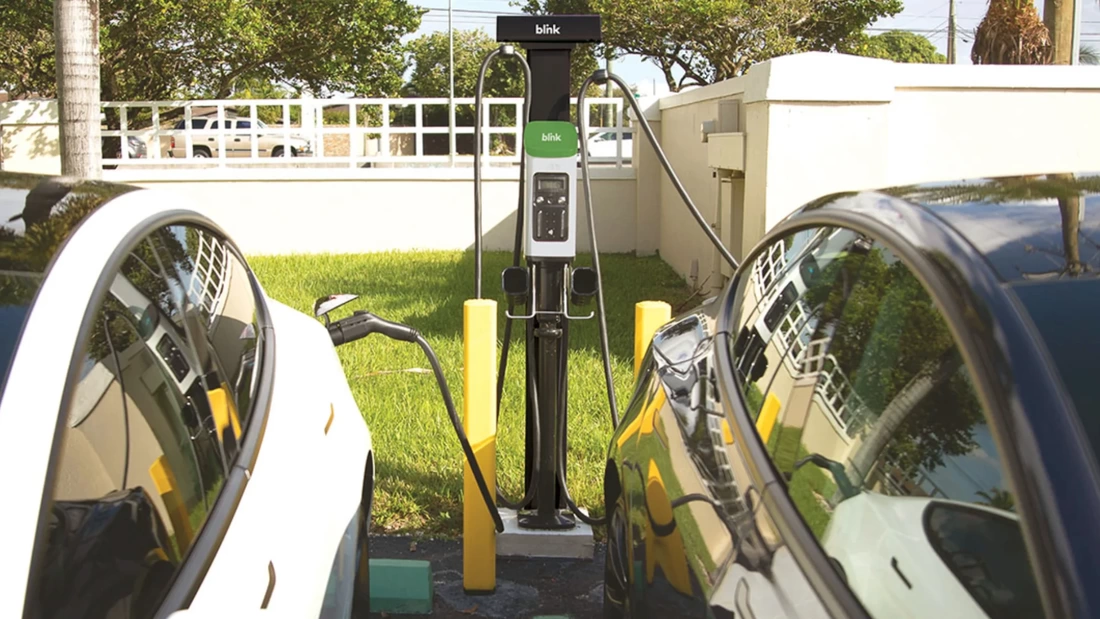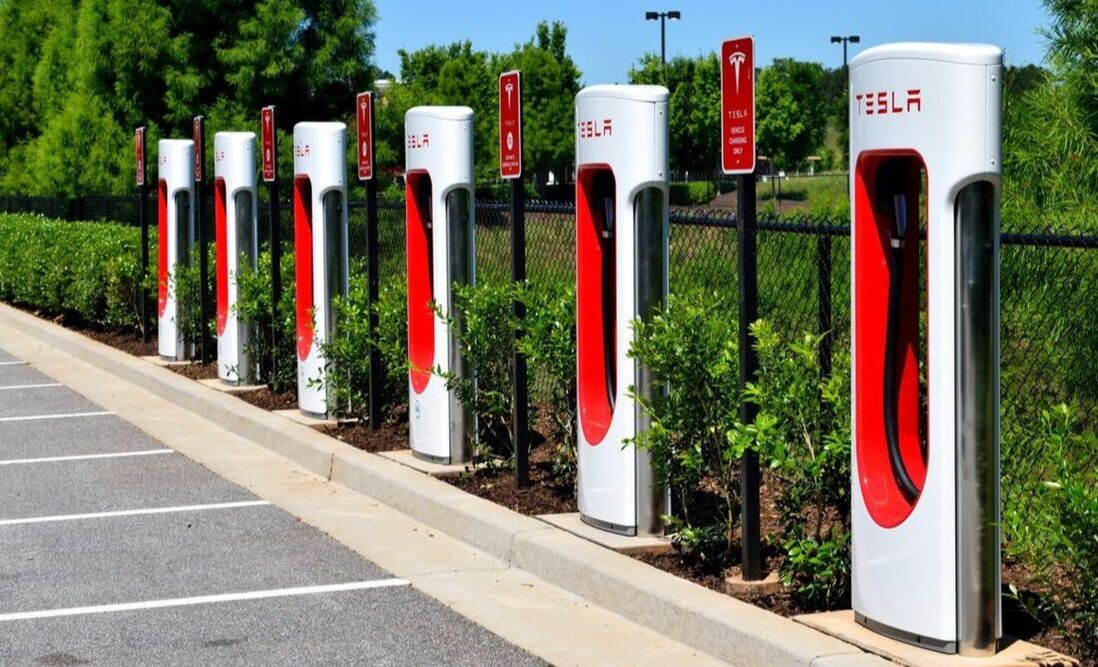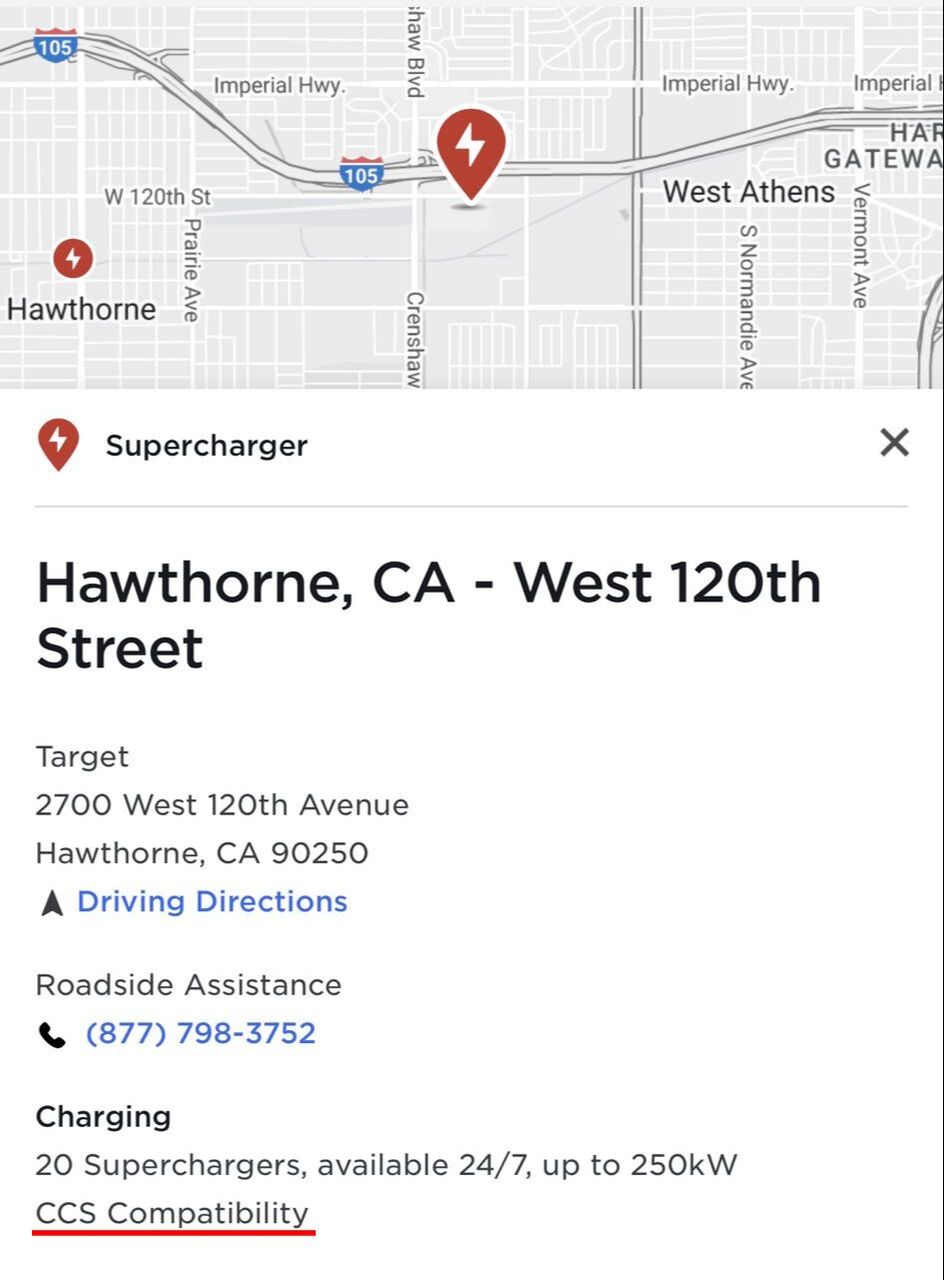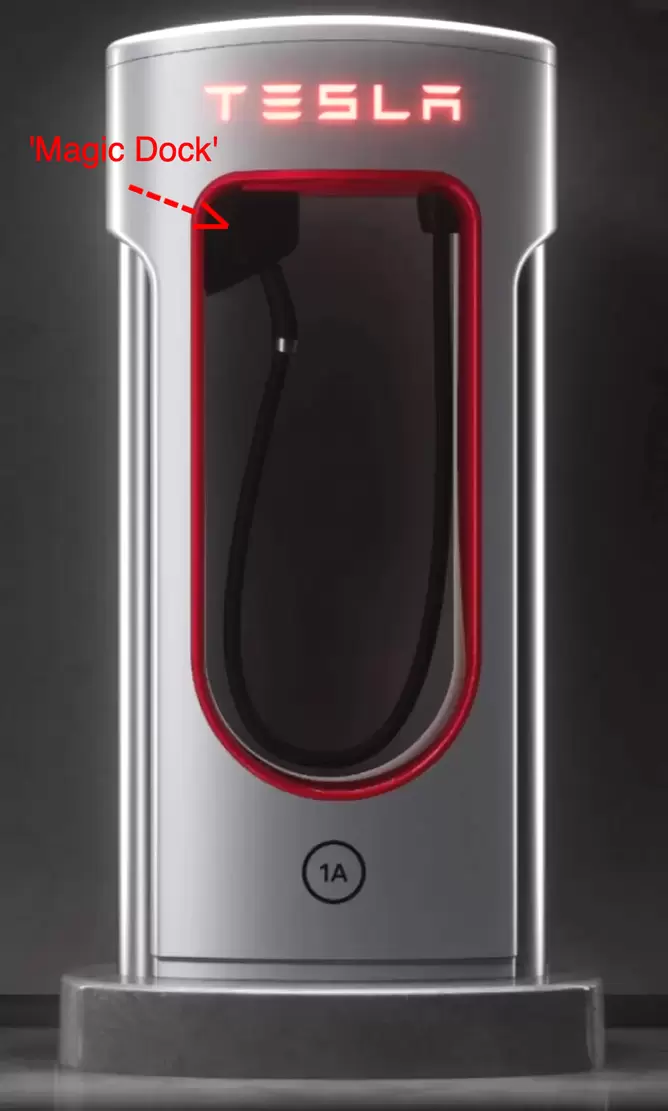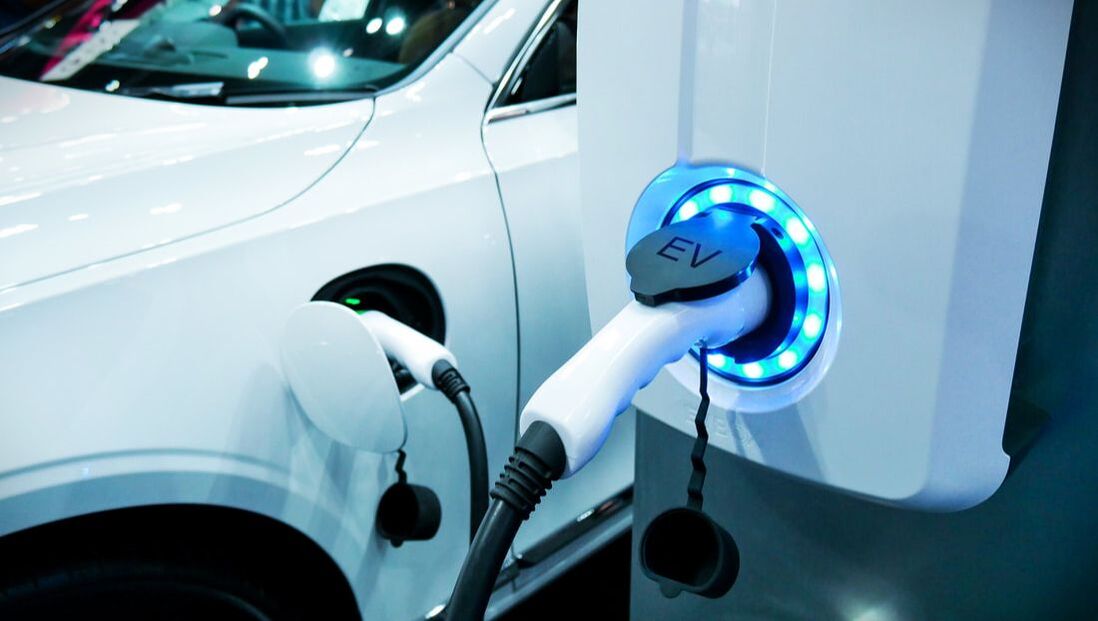|
Blink Charging Co., a prominent manufacturer, owner, operator, and supplier of electric vehicle (EV) charging equipment and services, shared in a press release that it has secured an Indefinite Delivery/Indefinite Quantity (IDIQ) agreement with the United States Postal Service (USPS). The contract permits Blink to provide up to 41,500 EV charging units to assist in the development of EV charging infrastructure for the USPS as part of its vehicle electrification strategy.
“We are honored to be selected by the US Postal Service to provide our reliable and advanced EV charging stations and ancillary network services for their growing fleet of electric vehicles and we applaud their efforts to modernize and make the move towards a sustainable and efficient electric fleet,” said Michael D. Farkas, Founder and Chief Executive Officer of Blink Charging. “The Postal Service’s recent announcement of purchasing more EVs and building the necessary charging infrastructure is another step in developing a complete transition in going electric. This move towards electrification sets a precedent that we are hopeful all fleet owners will follow.” Blink will provide the USPS its Series 7 dual-port charger, which can deliver up to 80 amps of power at each port. These Level 2 AC chargers are capable of charging two vehicles at the same time using the Universal J1772 connector, at a rate of 19.2kW. The NEMA 3R outdoor-rated enclosure permits flexible installation either inside or outside, and the charger's compact form factor enables optimal placement with wall or pedestal mounting options. The standard 18-foot charging cables (upgradeable to 25 feet) can extend around any vehicle or between parking spots, offering greater flexibility for postal sites. This substantial order by the USPS marks another positive development for Blink Charging and the postal service as they move to electrify as much as 50% of their fleet of vehicles. 1/29/2023 Tesla's 'Magic Dock' Leaked In Advance of Supercharger Network Adding CCS CompatibilityRead NowTesla might be close to opening up access of the North American Supercharger Network to non-Tesla vehicles. With the launch of their non-Tesla Supercharger Pilot program in Europe, Tesla also added a filter to it’s ‘Find Us’ webpage map to display superchargers that were open to non-Tesla Vehicles. Earlier this month, Tesla also added the same filter to the US map… however only one supercharger was displayed, the one in Hawthorne, CA, which is conveniently located close to their design studio. In addition to adding the filter to the map on the website, Tesla also added the Hawthorne location as an option under the ‘charge your non-tesla’ menu in the mobile app. Selecting the stall revealed a rendering of a supercharger with Tesla’s Magic Dock. The ‘Magic Dock’ is a special CCS adapter that will be built into the existing Supercharger equipment and will unlock (but lock to the charging cable) for use with non-Tesla vehicles. At this time, both the filter and the image have been removed from the website and the mobile app, but thanks to twitter users Hayden Sawyer (@haydensawyer14) and Branden Flasch (@brandenflash) we have the images saved. So while we can’t see them now, it does appear that these accidental reveals indicated that Tesla is getting closer to opening up the Supercharger network here in North America and it’s likely that they first location will be the Hawthorne, CA site.
Unfortunately, like many things regarding Tesla’s future plans, we don’t have further details. However, the change to allow non-Tesla vehicles to use the Supercharger Network is likely to start this year and it will shake up the EV charging experience for owners of CCS equipped vehicles. With only one manufacturer (Aptera) currently planning to adopt Tesla’s NACS plug, it will be important for CCS equipped vehicles to be able to use the Supercharger units even if they haven’t invested in an adapter themselves… and it looks like the ‘Magic Dock’ might just be the answer to that problem. In order to roll out this change, Tesla will need to retrofit the ‘Magic Dock’ to the existing Supercharger equipment, so it should be fairly easy to recognize when access to the network is imminent. I, for one, am super excited about this. I look forward to seeing the charging experience for CCS equipped vehicles improve. And, one of the best ways to do that is giving them access to Tesla’s network because it is one of the most reliable charging networks here in North America.
One of the biggest benefits to electric vehicle ownership is having the ability to "refuel" at home. Waking up every morning with a full "tank" (battery) is one of the advantages EVs have over other vehicles, and charging at home is significantly less expensive than using public fast chargers. That being said, it's really important to make sure that you have the appropriate equipment that has been designed for your and your vehicle's needs.
Finding a charger that fits your budget but also gets the job done is one of the first steps to take before or just after bringing your EV home. Things To Consider Before Purchase...
While having the ability to fill up overnight while you're sleeping has its advantages, you want to consider a few things before choosing an EV charger.
For more EV Charging Tips we have provided a few EV 101 Articles:
Choosing the Best EV Charger for You
EV chargers come in many different varieties designed to work on 110v, 240v, or sometimes both. The higher the voltage, the higher the charge rate (generally). Most EV owners choose to go with 240v chargers, but if you have a vehicle that doesn't charge quickly -or- you don't need to recharge very much daily, choosing to use a charger only on 110v could save you money. Regardless of what you choose, it is our recommendation to contact a licensed electrician to make sure that your house wiring is capable of handling your needs. We also recommend that your EV charges on either a dedicated circuit or that you use a smart splitter to share the power with an existing appliance (usually the clothes dryer).
We've put together a list of six EV chargers that we believe are the best choices on the market for 2023, three wall-mounted choices and three portable choices as well:
ChargePoint Home Flex
Product Description:
Charge Point Home Flex is the newest, fastest and most advanced Level 2 home charger offered by Charge Point, charging up to 50 amps and adding up to 37 miles of driving range per hour of charging. Flex can be installed to charge upto 50 amps, allowing drivers to pick the speed that's right for them and their home’s electrical supply. Charge Point Home Flex is a Wi-Fi-enabled charging station and offers smart charging features using the Charge Point app, including the ability to set a charging schedule, get reminders to plug in, see all of your charging history in one place, connect with Alexa, and more. Flex is UL Listed for electrical safety, ENERGY STAR certified for efficiency and comes with a 3-year and 24/7 customer support. Charge Point Home Flex can be installed by any electrician, indoor or outdoor, to charge at 16A to 50A, and comes with a 23-foot charging cable and either a NEMA 14-50 or 6-50 plug. Plug-in installation with a NEMA 6-50 or 14-50 outlet requires circuits/breakers rated 40A or 50A. For other circuit ratings, the plug is easily removed for hardwired installation. Flex can be installed outdoors using either a hardwired installation or a weatherproof NEMA receptacle. JuiceBox 40
Product Description:
JuiceBox 40, the best-selling smart home electric vehicle charger, combines performance and value. Enjoyed by thousands of satisfied EV drivers, JuiceBox delivers all the safety and smart charging features you need to make home charging convenient, reliable, and cost-effective. Built on the universal J1772 charging standard, JuiceBox is a Level 2 charging station that can power all electric vehicles on the market today, including Teslas via a Tesla-provided adapter. The Juice Box comes with a built-in cable rack and security lock for versatile use, indoors and out. Grizzl-E Duo
Product Description:
Lectron Portable
Product Description:
Splitvolt Portable
Product Description:
Lectron Portable (110 volt)
Product Description:
|
Details
Categories
All
Archives
June 2024
|
- Home
-
Learn.
-
EV 101
>
- EV Terminology
- What is an EV?
- Pros and Cons
- EV Types
- Are used EVs a good option?
- How much range do you really need?
- Real world range
- Types of charging and charging stations
- How Long Does It Take To Charge
- EV Charging Apps
- All about EV Batteries
- Regenerative Braking
- BEV System Components
- EV Maintenance
- EV Mythbusting >
- Podcast
- Newsletter
- Magazine
- Articles >
- Vehicle Reviews
- Alternative Fueling Station Locator
-
EV 101
>
- Connect.
- Experience.
- Deals
- Shop
- About Us

